Patient Centered Care Theory in the Modern World of Healthcare
Nursology
DECEMBER 17, 2024
Guest Contributor: Erica AgudoPhD Student, Texas Women’s University Patient-centered care has been a “buzzword” in healthcare for at least a decade. Consumer-driven ideas such as convenience and patient experience have forced hospitals to develop new and creative ways to make the patient experience truly personalized to increase patient satisfaction scores.
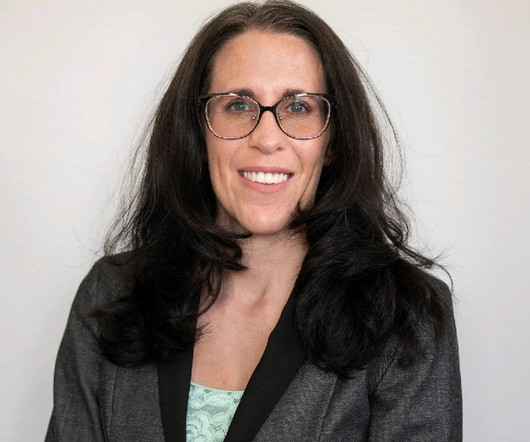

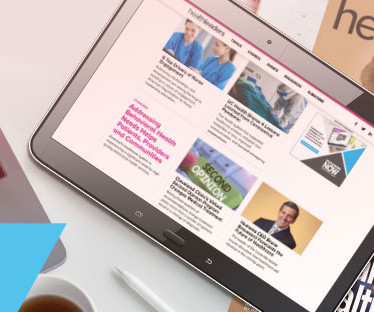

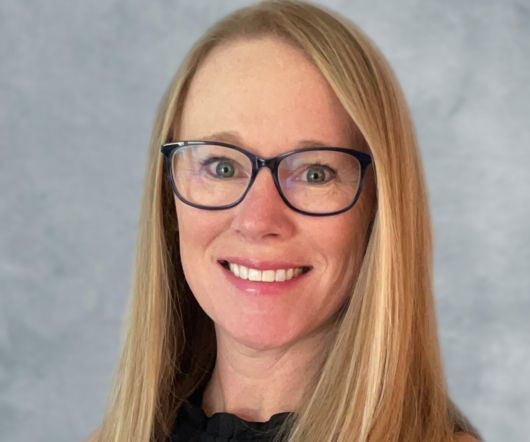
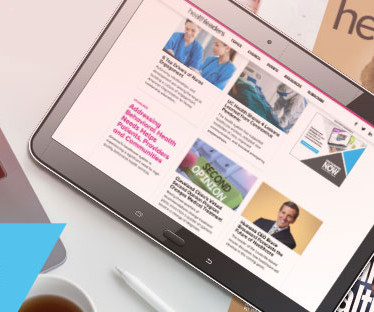

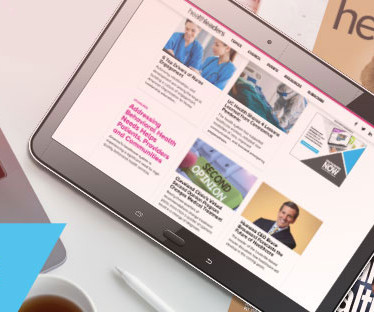

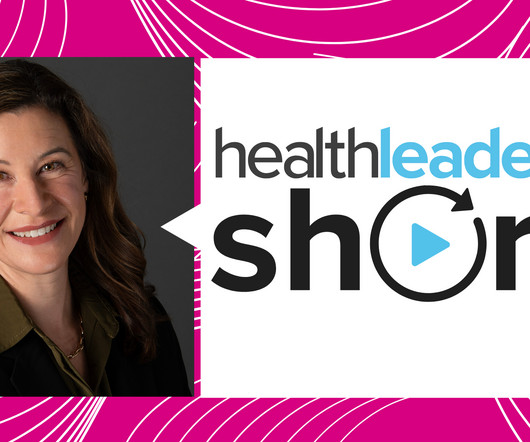
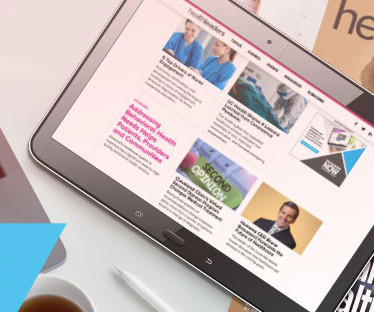
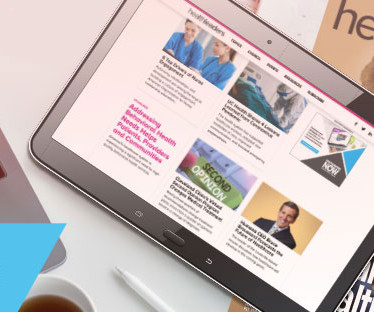







Let's personalize your content